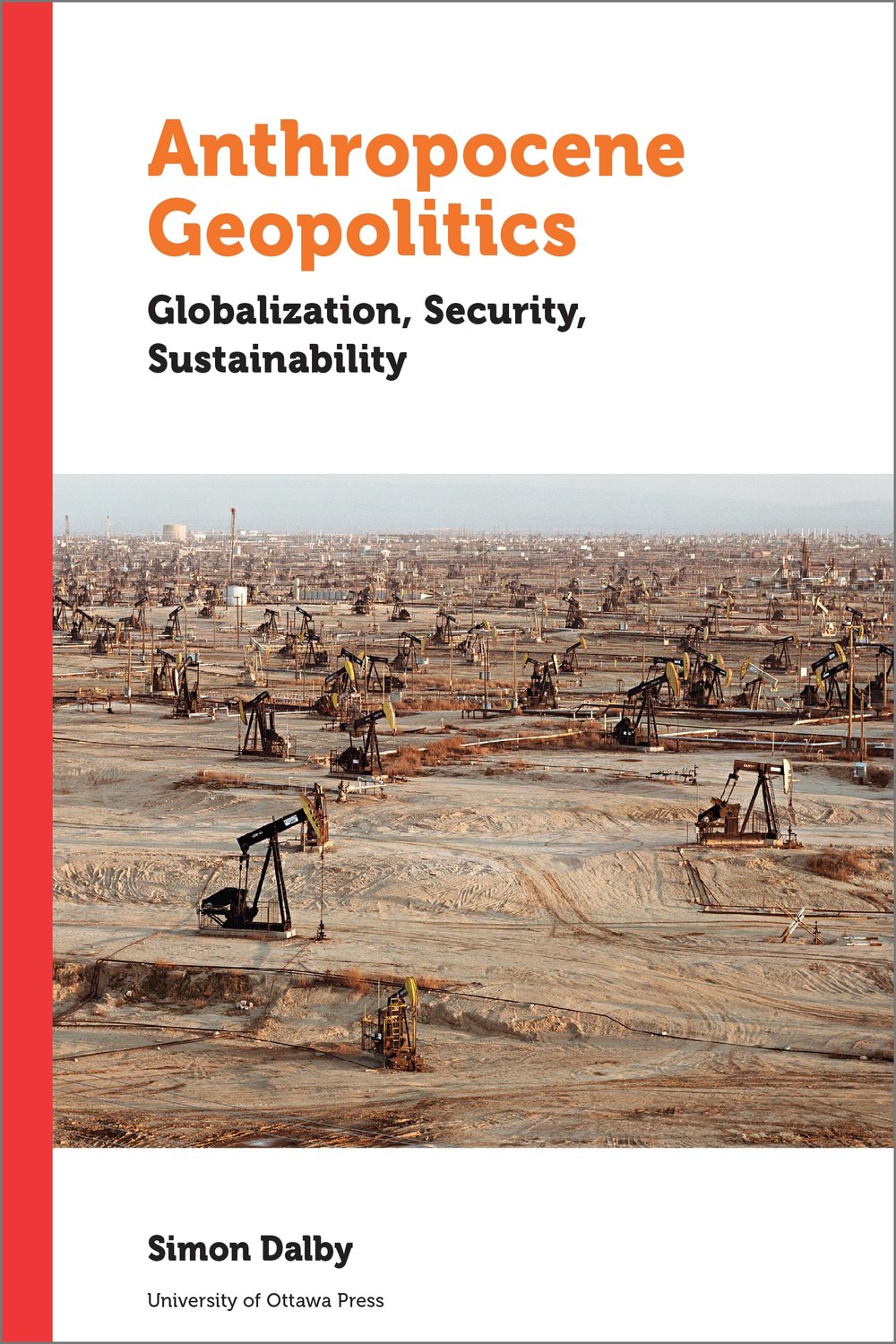Borders, Culture and Globalization
A Canadian Perspective
Border culture emerges through the intersection and engagement of imagination, affinity and identity.
It is evident wherever boundaries separate or sort people and their goods, ideas or other belongings. It is the vessel of engagement between countries and peoples—assuming many forms, exuding a variety of expressions, changing shapes—but border culture does not disappear once it is developed, and it may be visualized as a thread that runs throughout the process of globalization.
Border culture is conveyed in imaginaries and productions that are linked to borderland identities constructed in the borderlands. These identities underlie the enforcement of control and resistance to power that also comprise border cultures.
Canada’s borders offer an opportunity to explore the interplay of borders and culture, identify the fundamental currents of border culture in motion, and establish an approach to understanding how border culture is placed and replaced in globalization.
This title is part of the Borders in Globalization (BIG) SSHRC-funded research project. Published in English.
Victor Konrad (Editor) Victor Konrad is Adjunct Research Professor of Geography and Environmental Studies at Carleton University. He taught at Carleton and the University of Maine. His publications include books and articles on borders, heritage, and cultural geography.Melissa Kelly (Editor) Melissa Kelly is a Research Fellow with the Canada Excellence Research Chair in Migration and Integration at Ryerson University. She holds a PhD in Social and Economic Geography from Uppsala University.


